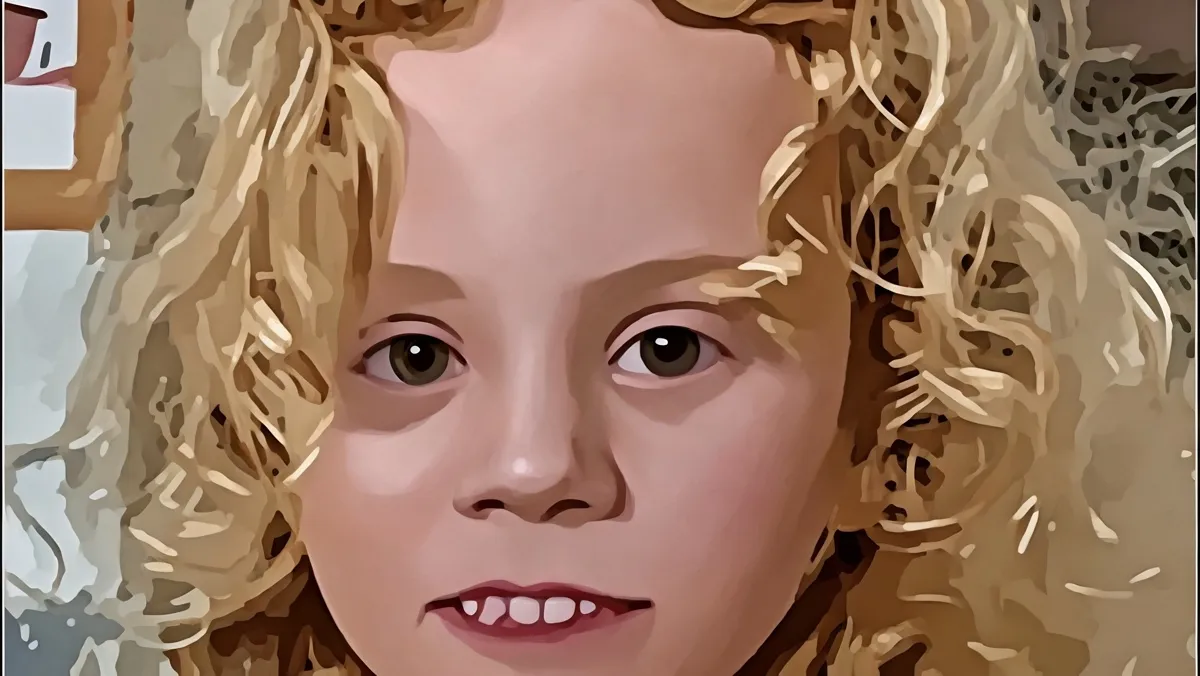Table of Contents
Cue the Tasmanian jokes: Launceston is home to a troop of monkeys riddled with herpes and threatened with in-breeding. It’s got to the point that the local council is considering sterilising the beasts.
Launceston’s popular City Park macaque monkeys could be gone in 20 years, as a motion to restrict their breeding goes before the council.
Wait: why is there a monkey enclosure in the heart of a Tasmanian city?
The story goes back to the 1980s, when Launceston’s newly-minted sister city Ikeda, in Japan, gifted the city with a troop of Japanese macaques. The famous ‘snow monkeys’ settled in to the Tasmanian climate well.
Perhaps too well.
Firstly, in 2000 it emerged that the popular tourist attraction’s inhabitants (the monkeys, not the Launcestonians) are riddled with the herpes B virus. The virus is endemic and non-fatal in macaques, but poses a dire risk of encephalitis in humans. The troop have been enclosed behind high glass walls since.
Not that that’s stopped the occasional enterprising crackhead.
An intruder who broke into a snow monkey enclosure to scoop coins from a pond could have unwittingly exposed themselves to “potentially fatal” herpes, with authorities urging them to seek immediate medical attention […]
The enclosure, which houses a population of macaques – established as part of a sister-city relationship with Ikeda in Japan – is popular with tourists and locals, who toss coins into the pond.
Only one case has been documented of human-to-human transmission. Maybe just let natural selection take its course? Somewhat like the occasional whacker who fancies themselves a bit of a chemist and raids Tasmania’s poppy crops – only to turn up dead in their trailer park home/lab a few days later.
But the disease means that, under the Federal Environmental Protection and Biodiversity Conservation Act 1999, new macaques cannot be imported into Australia.
[Mayor Matthew Garwood] said the troop was becoming inbred and there was no longer a way to introduce new genetic diversity due to changes in importation laws […]
“We have to now instead consider how the City Park troop is managed into the future in a way that is caring and humane,” he said.
As readers can no doubt imagine, trying to control the breeding of a troop of monkeys is about as easy as trying to control the breeding of welfare recipients in Ravenswood (think of Mt Roskill, minus the seaside charm). The most likely option, then, is sterilisation.
If the motion is adopted, City Park would be without monkeys within 20 or so years.
Hmm. Now, about Ravenswood…









